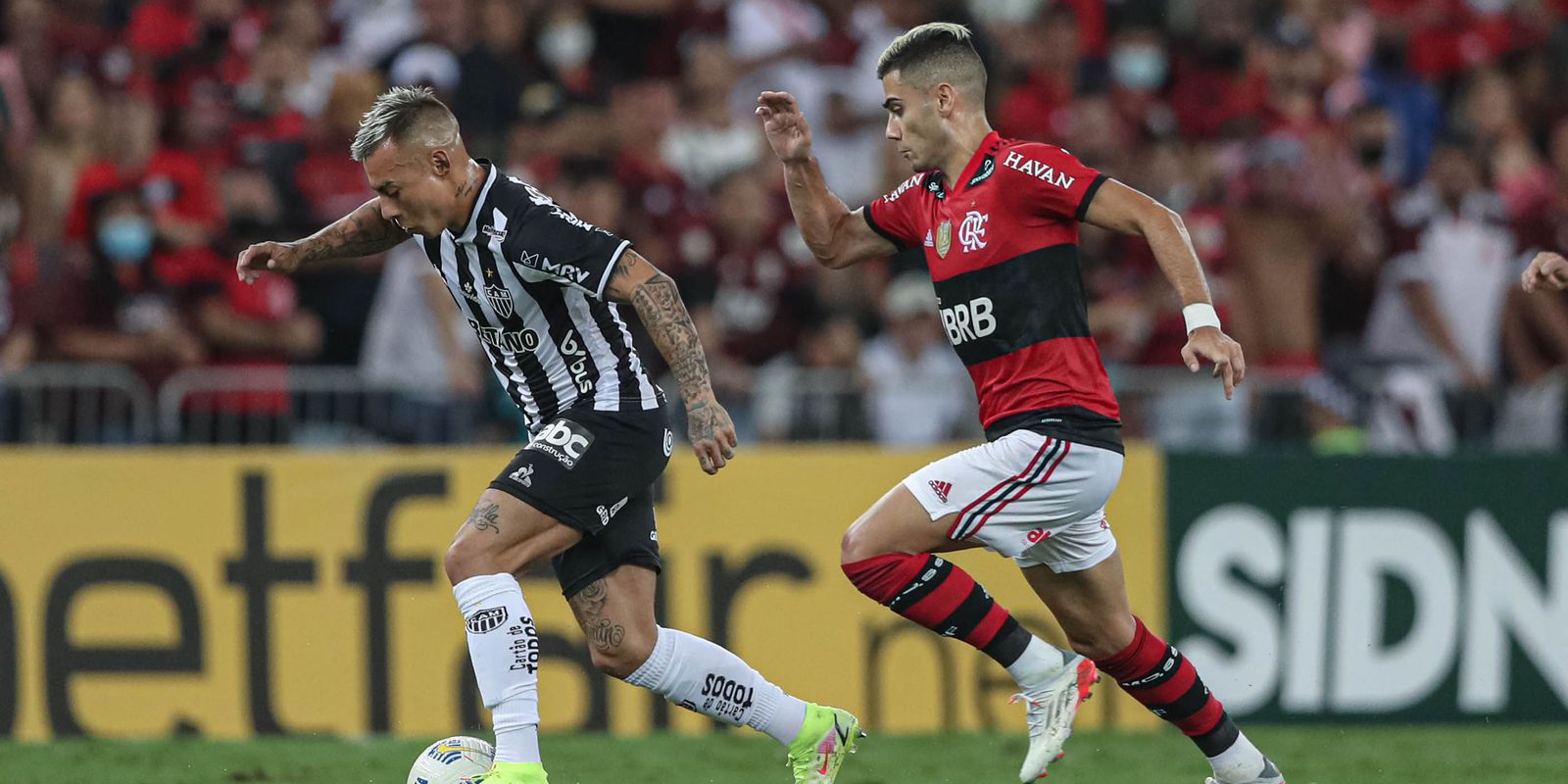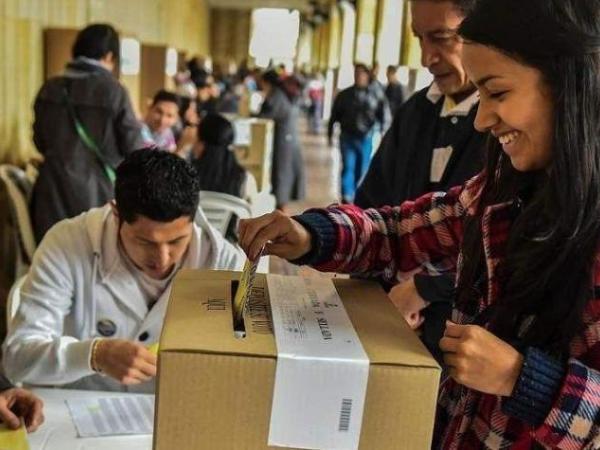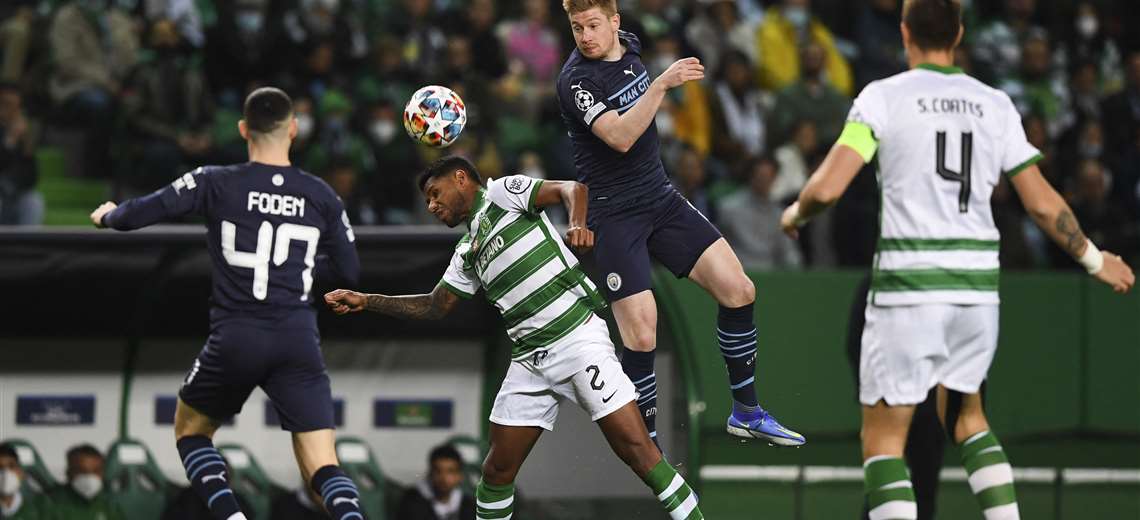Atlético-MG and Flamengo enter the field next Sunday (20), in Cuiabá, to compete for the first national trophy of the season. The Supercopa do Brasil is in its fifth edition, but most likely the current one is the most controversial of all. Or it is the fiercest dispute, due to the numerous complaints and provocations from both sides for a conquest that, curiously, for many have no value. Some say it’s a luxury friendly, a slot game or a waste of time in the middle of the calendar.
However, I think it’s important. And I am impressed by the arguments used by critics, among them that the cup should be given directly to Atlético-MG for having won the Brasileirão and the Copa do Brasil (the two competitions that define Supercup participants). The problem is that Galo mineiro won both, but the regulations provide for this situation, indicating the Brazilian vice-champion for the vacancy. It is similar to the Brasileirão, in which the same situation opens a spot in the group stage of the Copa Libertadores for the fifth place. Wasn’t it like that with Corinthians in 2021?
It is even acceptable that the team that has won the two national competitions enters the field with some advantage, but that is considered for next year. Adopting this measure now would be to tear up a regulation, or turn the tables, as we say.
By the way, it doesn’t hurt to remember facts that happened in our football, in which several clubs benefited, playing competitions in which, if the regulations were strictly followed, they shouldn’t be.
For example: did you know that the Brazilian Championship, in the 80’s, filled its vacancies according to the performance of the teams in the state? So it is. In 1983, Santos ranked ninth in Paulistão, but ended up being invited to play in the first division. The following year, 1984, Vasco was seventh in Carioca and Grêmio in third in Gaúcho, and they also received invitations. The three should have played in the Second Division in those years.
In 1986, after a troubled Brazilian Championship, in which there was a change of regulation in the middle of the dispute, Botafogo and Coritiba were relegated to the following year. But then came the Copa União and both ended up being invited to continue in Serie A. In 2000 Bahia was in the second division, Fluminense had just moved up from C to B, but the two also received invitations and participated in Serie A without having secured a spot on the field (the championship in 2000 was organized by the Clube dos 13 and ended up mixing teams from several series in a single cake). Finally, it is worth remembering the 2000 Club World Cup, in which FIFA invited the 1998 champion clubs, Brazil and Libertadores, to compete in Rio de Janeiro. Corinthians still won the 1999 Brasileirão, but Palmeiras, the 1999 Libertadores champion, was excluded from the dispute in favor of Vasco, the previous year’s champion.
Then you can ask: whose fault was it? It certainly wasn’t from the invited clubs. Those responsible are those who make the regulations and organize the competitions. Like now, in the Supercopa do Brasil, where a regulation written three years ago is being contested, causing some people to accuse the CBF of benefiting Flamengo.
In fact, Rubro-Negro is the most successful club in the history of the Supercup. This competition emerged in the 1990s, when it was played twice: in 1990 Grêmio beat Vasco, and in 1991 Corinthians was champion over Flamengo. The dispute returned in 2020, and the carioca team overcame Athletico-PR and Palmeiras, being the current two-time champion. It will then be the fourth time for the Gávea team in the fight for the cup and the first for Atlético-MG.
And this game has an added attraction. In last year’s Brasileirão, Galo was champion with leftovers, while Flamengo was runner-up with ups and downs. However, in the confrontation between them each won a game. And the expectation for 2022 is that they will meet a few times, twice guaranteed in the Brasileirão, with good chances in the Copa do Brasil and Libertadores. So Sunday’s game will have that spice. How will this particular clash between the two strongest teams in the country start?
* Sergio du Bocage is the presenter of the program No Mundo da Bola, on TV Brasil.









